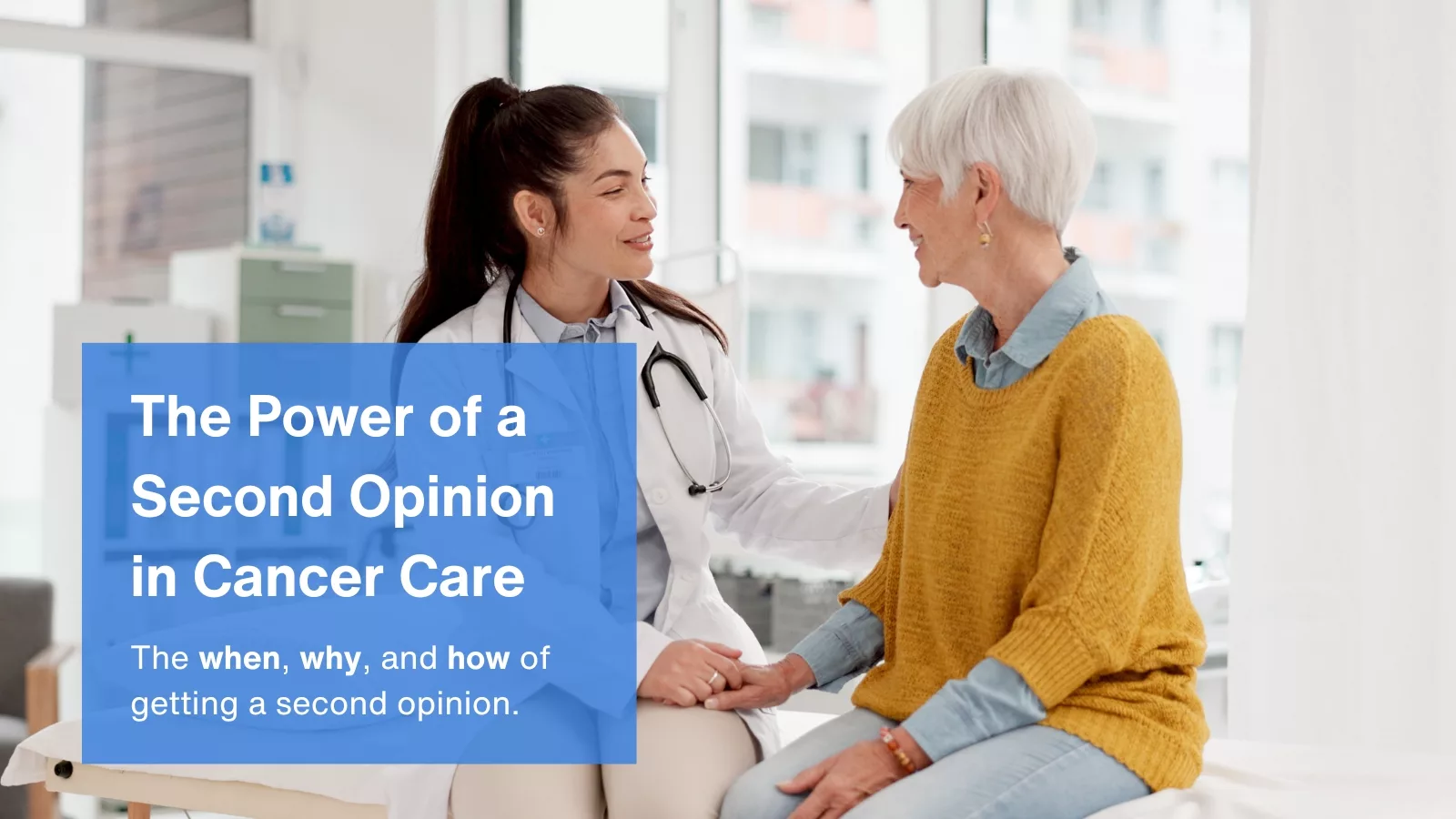Second opinion cancer care can be one of the most empowering steps you take after a diagnosis, because when you hear the words “you have cancer,” everything changes. It’s normal to feel overwhelmed, uncertain, and full of questions.
At Lowcountry Oncology Associates, we believe second opinions are not about doubting your doctor – they’re about gaining clarity, making informed decisions, and feeling confident in your care. Our oncology clinic is dedicated to both effective treatment and your long-term health, offering trusted guidance close to home.
Why a Second Opinion Matters
Cancer is complex, and so is cancer treatment. Diagnoses can vary based on how the disease is interpreted, and treatment options may differ depending on a provider’s experience, technology, or access to clinical trials.
Getting a second opinion can:
- Confirm your diagnosis and treatment plan
- Offer a new perspective or alternative treatment options
- Help you understand the full range of therapies available
- Give you peace of mind before beginning treatment
Most importantly, it puts you at the center of your care decisions.
Our board-certified oncologists, including Dr. Margaret Brady, Dr. Mark Burbridge, and Dr. Ryan Kalinsky, bring decades of experience to second-opinion consultations. Their expertise spans a wide range of cancer types and treatment approaches, helping you explore every available option with confidence.
When to Consider a Second Opinion
It’s never too early to ask questions. Some moments when a second opinion may be especially helpful include:
- After receiving a new cancer diagnosis
- When facing a complex or rare cancer
- If surgery, radiation, or intensive treatment is recommended
- When your current treatment isn’t working as expected
- If you simply want to explore all available options
Even if you feel confident in your doctor, hearing from another expert can validate your path forward. Our physicians are here to guide you with clarity, compassion, and personalized care.
How to Get a Second Opinion
Getting a second opinion is more common, and more accepted, than many people realize. Here’s how to start:
- Talk to your current doctor. Most providers welcome the idea and can help gather your medical records and test results. for another opinion.
- Check your insurance. Many plans cover second opinions, especially for cancer care.
- Ask your friends and family. Seek providers that may have had good experiences with people you know.
- Bring your questions. Use this time to ask about diagnosis, treatment options, clinical trails, and long-term care outlook.
At Lowcountry Oncology Associates, we take time to listen, explain, and support every patient. Whether you are seeking confirmation, a new approach, or simply more clarity, our team is here for you. You can reach out to our scheduling team at any of our locations to assist you in obtaining a second opinion.
Your Care. Your Voice.
A second opinion doesn’t mean starting over, it means being thorough. It ensures you’re receiving care tailored to your diagnosis, your health, and your journey.
Whether you’re just beginning your journey or re-evaluating your current path, Lowcountry Oncology Associates is here to help you make informed decisions with expert support every step of the way.
You deserve to feel empowered, supported, and cared for. Request a second opinion appointment here with us today.


